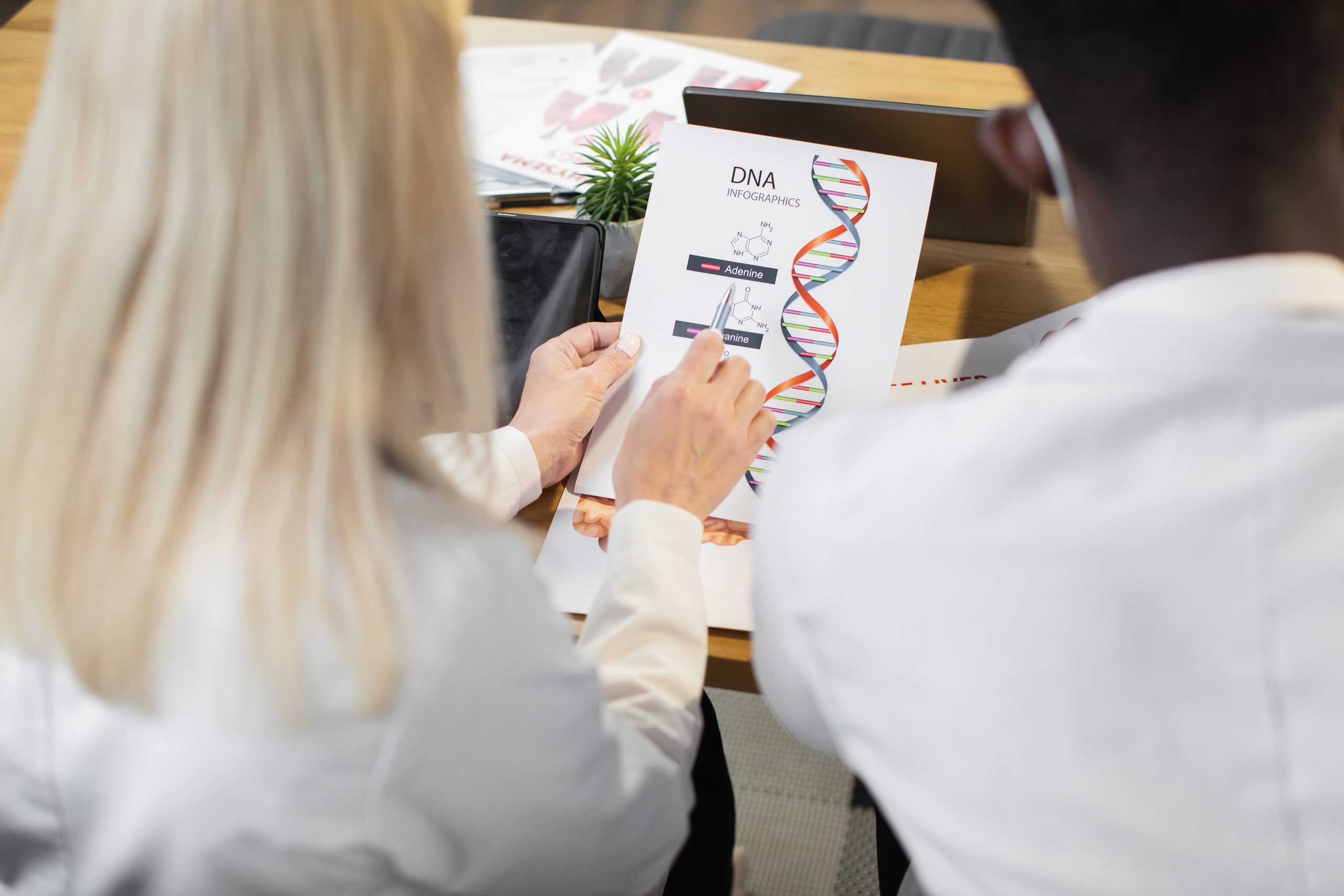Recombinant DNA Technology in Cancer Biology

| Recombinant DNA Technology in Cancer Biology | |
|---|---|
| Course Description | Recombinant DNA technology has revolutionized cancer therapeutics by enabling the production of vaccines, protein therapies, and gene therapy tools. This course focuses on the critical roles of recombinant products, such as immunostimulants, vaccines, antibodies, and fusion proteins, in recognizing, treating, and combating various cancers. Students will explore foundational techniques and their applications in cancer biology, with an emphasis on modern-day innovations and challenges. |
| Recommended Books | 1. Molecular Cloning: A Laboratory Manual by Green and Sambrook 2. Principles of Gene Manipulation and Genomics by Primrose and Twyman |
| Course Learning Outcomes | After completing this course, a student will be able to: 1. Understand the principles of recombinant DNA technology and its applications in cancer biology. 2. Analyze the role of recombinant products in cancer treatment and immune response. 3. Design experiments for gene cloning, screening, and therapeutic applications. 4. Evaluate the use of RDT in modern cancer therapeutics. |
| Assessment System | Quizzes: 10-15% Assignments: 5-10% Midterms: 30-40% End Semester Exam: 40-50% |
| Lecture Plan | ||
|---|---|---|
| S.No. | Description | Quizzes/Assignments |
| 1 | Introduction: Vectors for Bacteriophage and Overexpression of Foreign Gene | Quiz 1 |
| 2 | Gene Regulation: Understanding Regulatory Regions in Cancer Biology | |
| 3 | Techniques for Screening of Oncogenes: Hybridization and Immunological Assays | Assignment 1 |
| 4 | Oncogenes and RNAi: Role of RNA Interference in Cancer Genomics | |
| 5 | DNA Synthesis and Sequencing: Modern Techniques and Applications | Quiz 2 |
| 6 | Fusion Proteins and Antibody Engineering | |
| 7 | Pichia pastoris as an Expression System and Inclusion Bodies | |
| 8 | DNA Shuffling and Microarrays in Cancer Therapy | Assignment 2 |
| 9 | Nucleic Acids as Therapeutic Agents: Trends and Innovations | |
| 10 | Recent Developments in RDT: Oncogene Regulation and Future Perspectives | Quiz 3 |
| 11 | Antibody Therapeutics: Production and Applications in Cancer | |
| 12 | Gene Cloning and Protein Expression Systems | Assignment 3 |
| 13 | Recombinant Vaccines: Mechanisms and Applications | |
| 14 | Case Studies: Successful Applications of RDT in Cancer Treatment | |
| 15 | Future Directions: Emerging Trends in Recombinant Cancer Therapeutics | |
